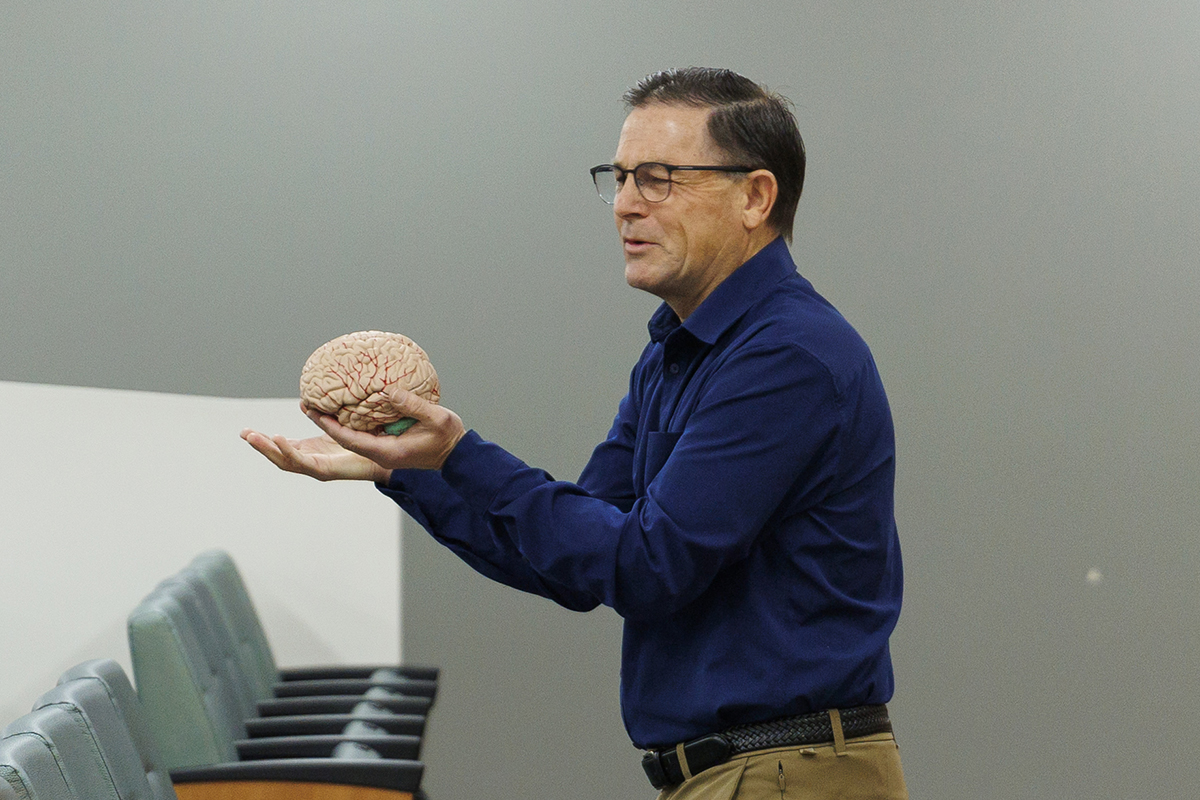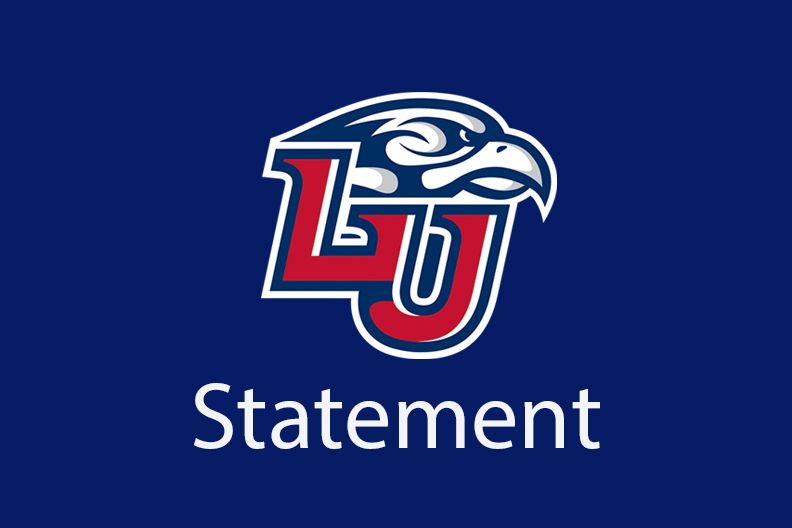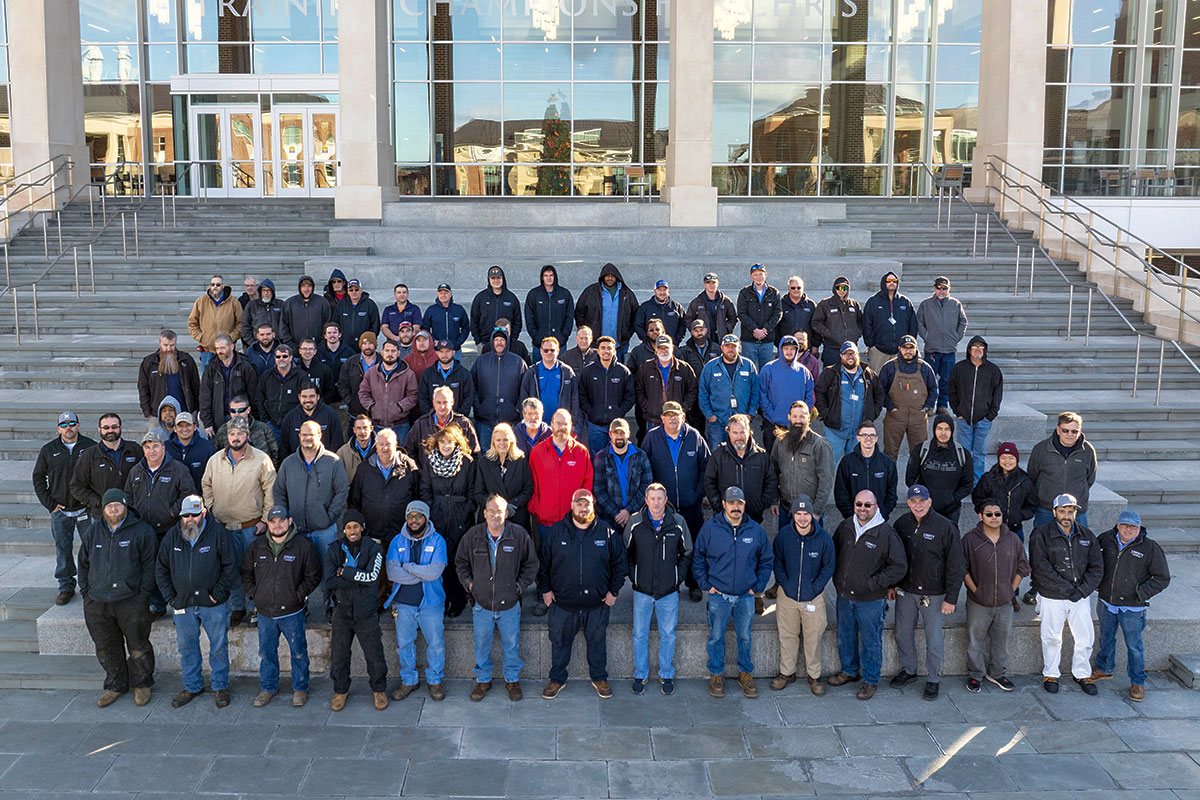Professors to take part in $2 million grant to expand local drug treatment services
February 14, 2022 : By Ryan Klinker - Office of Communications & Public Engagement
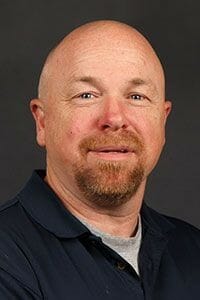
Liberty University School of Behavioral Sciences professors Dr. Fred Volk and Dr. Brian Kelley have partnered with Horizon Behavioral Health on a $2 million grant from the Bureau of Justice Assistance (BJA), under the Department of Justice, to help more members of the local community recover from substance use disorders.
Volk (co-principal investigator and evaluator) and Kelley (evaluator) will provide their feedback and guidance for the four-year grant to expand the services of Lynchburg’s Adult Drug Court (ADC). The treatment court allows those who plead guilty to drug offenses to agree to a closely monitored, long-term regimen of check-ins and therapy facilitated by the court and other partners in the community, all as an alternative to serving jail time. Volk and Kelley were involved throughout the grant application process.
“The treatment court has been in place for several years, but because of funding it had really reached capacity and could not grow,” said Horizon Program Manager and co-principal investigator Jennifer Smith Ramey. “We know from the community assessment data from the Virginia Department of Health that we’ve had huge increases in overdose deaths and substance use, and that has only been exacerbated since COVID. When we found this opportunity, we knew it was a great fit for not only Horizon’s mission but for the community’s need most importantly.”
The ADC is currently at capacity with 10 individuals, but the grant will allow for 15 more in each of the four years. The court will hire additional staff, a full-time clinician to provide the evidence-based substance use treatment, a case manager to monitor and coordinate services for clients’ needs, and a peer recovery specialist. Transportation for clients to and from the ADC will also be supported with these funds.
As external evaluators, Kelley and Volk will serve as experts in the field of clinical mental health counseling and offer insight as the theories of care are implemented.
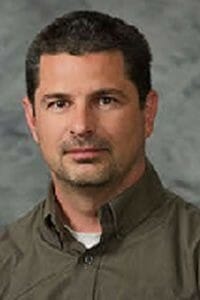
“Our goal is to do all that we can,” Kelley said. “Are we serving everyone the best that we can? Is our service translating into real-world change? Part of the evaluation is just making sure we are achieving what we think we are achieving. We look at the real-world implications of the theory and model that we had in mind.”
Volk worked with Horizon as a co-principal investigator and evaluator last April on a four-year, $800,000 grant from the Health Resources and Services Administration (HRSA) meant to better serve clients with mental health and substance issues in Virginia’s Amherst and Bedford counties. Continuing this association with Volk, Horizon is excited for the professors’ input over the coming years.
“When Horizon was looking at funding opportunities to expand the capacity of our Lynchburg Adult Drug Court, we wanted to make sure that we had not only an evidence-based treatment model for our community members in need, but we really knew we needed an external evaluation plan,” Smith Ramey said. “Based on our partnership with Dr. Volk and our growing partnership with Dr. Kelley, we reached out and invited them to collaborate with us based on their wealth of experience in program evaluation and research design.”
Volk explained that being a part of this effort to care for the hurting members of the community by providing them with the tools needed to turn away from substance abuse is a way of answering God’s call to service.
“From a Liberty University and Christian calling perspective, this is a perfect fit for a community-university partnership,” Volk said. “When we think about treatment court, we think about incarceration, or we can take a more redemptive path that is more constructive, more strength-based, and still has the accountability components. That is consistent with us as believers. Our past is not our destiny; our past is not where we’re destined to stay or end up.”
The treatment court in Lynchburg is already making a difference in people’s lives, and now Horizon and the two professors are able to find ways to build on this solid foundation.
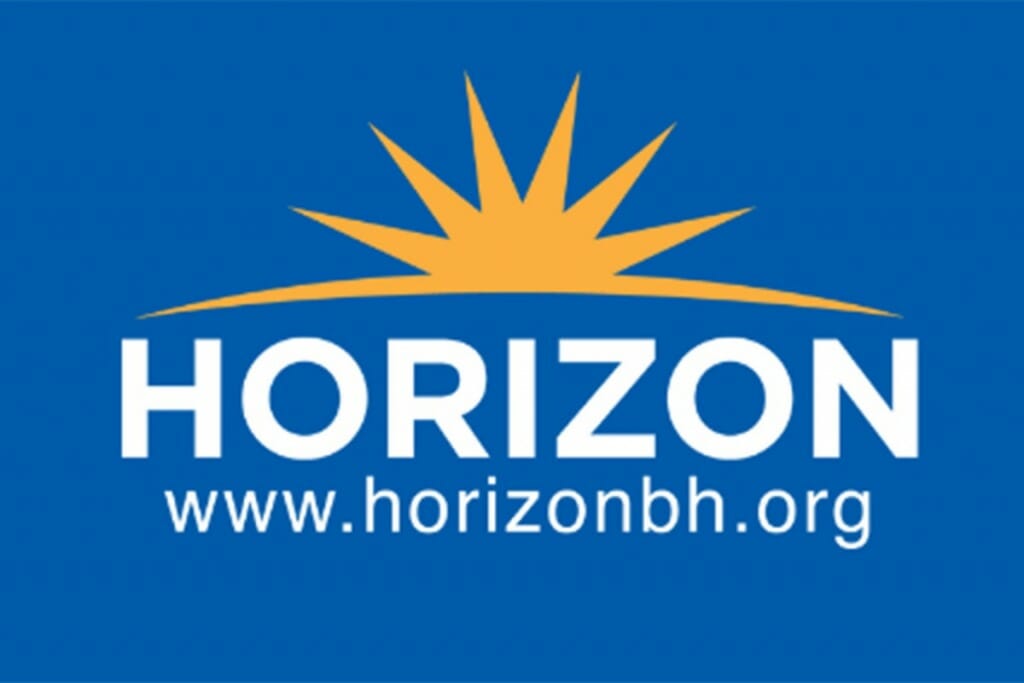 “When it comes to a big federal grant like this, the government gives money to organizations that are already demonstrating success in order to magnify that success,” Kelley said.
“When it comes to a big federal grant like this, the government gives money to organizations that are already demonstrating success in order to magnify that success,” Kelley said.
“We have a treatment court that has a dynamic and wonderful set of folks working there who have a passion for making a difference in people’s lives,” Volk added. “It’s a community partnership that is already doing well and already doing great work, and now we’re expanding that.”
While Liberty students are not actively involved in this effort, Kelley said that the work will give them a better idea of what the field will look like as professionals.
“We take these experiences and translate them directly to better evidence-based teaching in the classroom,” Kelley said. “It can better prepare the students for real-world work, which for some of them is just a few months away.”
In his time working with Horizon, Volk said the organization is making a real impact.
“In our engagement with Horizon and watching the work that they do, what we see is people doing very real Jesus work,” Volk said. “It may not be explicitly Christian, they may not be sharing Scriptures, but what they are doing is they’re taking the least of these and serving them and giving them paths for a new beginning and story.”
Kelley has spent decades in the field of substance abuse psychology, and his training is concentrated in neuroscience and pharmacology/toxicology as well as clinical/community research. Volk has conducted research in applied settings for over 20 years. He has a passion for making multivariate statistics and research design more accessible for students and practitioners.
